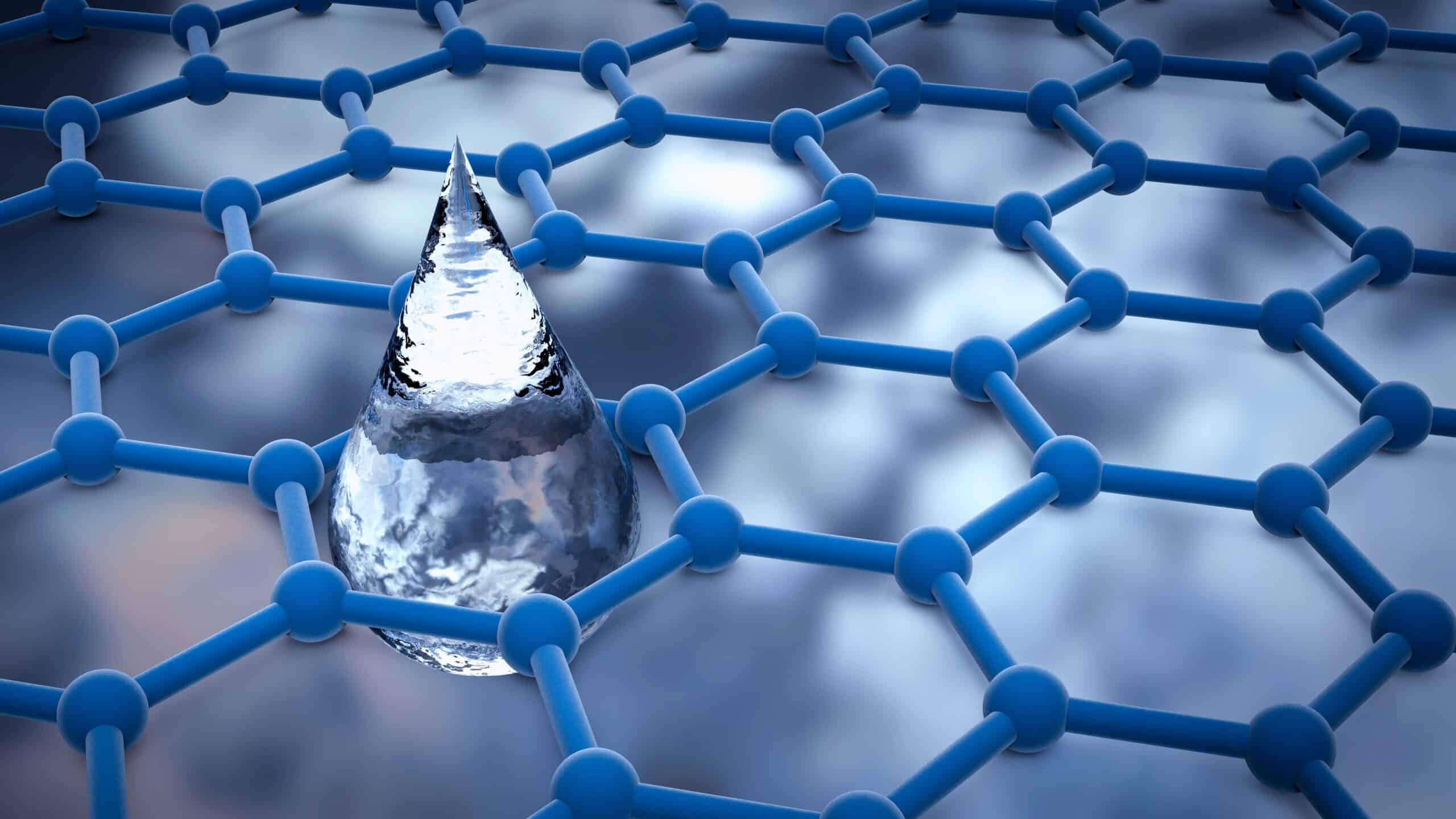Clean water is essential for life. As a result, ensuring that our water sources are clean and safe for human consumption is of utmost importance.
Johannesburg is situated in South Africa’s Highveld, a region known for its high altitude of 1,753 metres. Due to the thinning of oxygen and decrease in pressure at higher altitudes, water pumps must work harder to move water from one location to another. The city’s domestic water supply heavily relies on electricity to pump water from its source, and recent electricity shortages have affected the water supply. Poorly maintained infrastructure has also led to leaks and sewage issues resulting in a loss of 70 million litres of clean drinkable water every day.
In response to the growing need for clean drinking water, packaged plants have emerged as a great alternative to conventional water treatment plants. The thing is pumping systems face challenges at higher altitudes due to reduced atmospheric pressure and suction power. To address this issue, positioning pumps closer to the liquid source can be beneficial as it reduces the distance required for the pump to extract liquid.
In South Africa, a significant portion of the domestic water supply relies on electricity to pump water from the source to the elevated terrain where cities like Johannesburg and Pretoria are located. Unfortunately, the recent electricity challenges in South Africa, characterized by frequent and prolonged blackouts, have had a direct impact on the water supply.
Energy Efficient Water Treatment
When we lift water, we use energy to work against Earth’s gravity. Diesel or electrical energy are most used through pumping systems to lift water for irrigation on South African farms.
The lack of electricity has exacerbated issues created by poorly maintained infrastructure, which has led to vast leaks as well as sewage problems, and a supply of water that cannot meet demand. Millions of litres of treated clean, drinkable water are lost every single day because of leaks that are endemic in the crumbling clean water system.
There is undoubtedly an increase in the demand for clean and potable water – advanced technologies like the NIROBOX and MABR have been developed and applied in water treatment plants, hotels and resorts, remote communities, and many other applications to effectively remove pollutants from water sources and meet strict water regulations.
NIROBOX & MABR Packaged Plants
The NIROBOX family of modular water treatment systems and the MABR both house powerful technology with a small footprint: they require reduced use of chemicals, high efficiency and stability in performance, ensuring a massive reduction in cost saving over the project life cycle.
Packaged plants make it simple to locate your treatment system closer to the water source to optimize every process required to have premium and reliable clean water. The main advantages of a packaged factory-finished system are savings in engineering, design and installation costs, and operation and maintenance.
Of course, there is no one size fits all approach one can take, so we urge you to speak to us, let us guide you and work with you, to ensure your success to life essential clean water.

